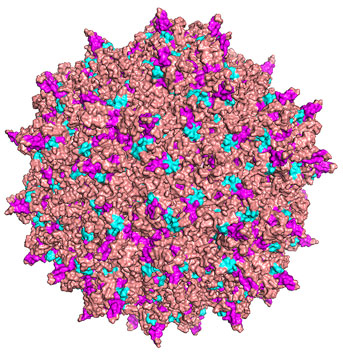
Russian scientist Denis Rebrikov recently revealed that he has started a gene-editing process that might eventually enable couples carrying the genetic mutation that causes deafness to give birth to children who can hear. The news was shared with Nature on 17 October via an e-mail.
According to Nature, the scientist mentioned in the e-mail that he will soon publish the results of his experiments, which involves testing the ability of CRISPR to repair the gene causing deafness – GJB2 – in cells taken from people that have the mutation. Rebrikov believes that the result will help to lay the groundwork for the clinical work. Rebrikov also added that he wants to help couples with unimpaired hearing to have a child such as these to have a child with the same mutation.

Rebrikov also mentioned that he has local review board's permission to do the research but it does not allow the transfer of the gene-edited eggs into the womb and pregnancy. The scientist also emphasized that he will not be going ahead without the approval from the Ministry of Health of the Russian Federation. "I will definitely not transfer an edited embryo without the permission of the regulator," he confirmed.
However, the chances of this happening seem to be really low as last week, the ministry released a statement where it mentioned that the production of gene-edited babies is premature. Rebrikov, however, is not ready to lose hope. He says, "it is hard to predict" when he'll get permission for it so till then all the necessary safety checks need to be undertaken.
Rebrikov has previously also announced that he intends to use the CRISPR tool for gene-edited babies resistant to HIV. At that time, the news came as a shock to all international researchers as people feared that he is following the Chinese scientist He Jiankui who previously announced the controversial birth of the world's first gene-edited babies – twin girls.









